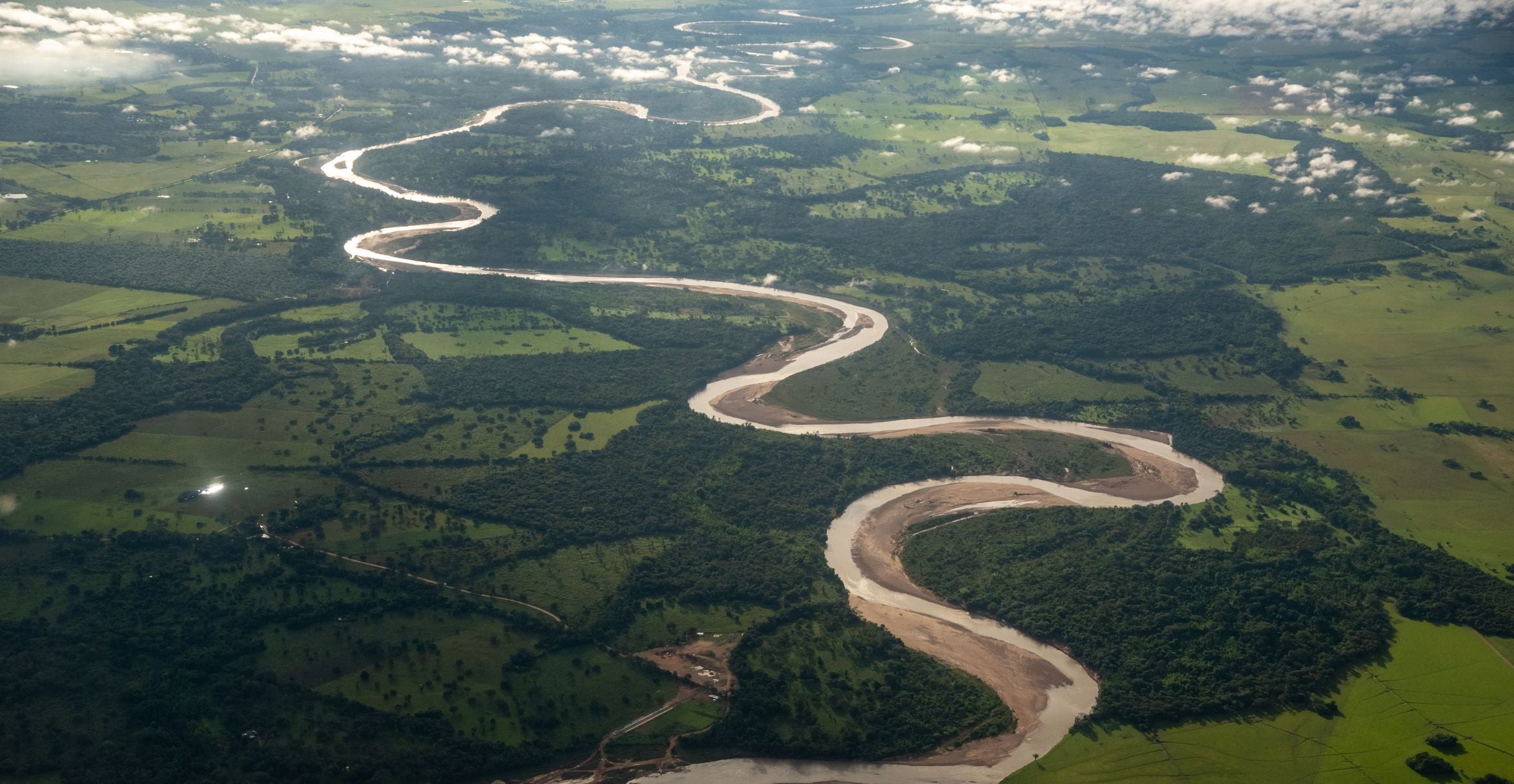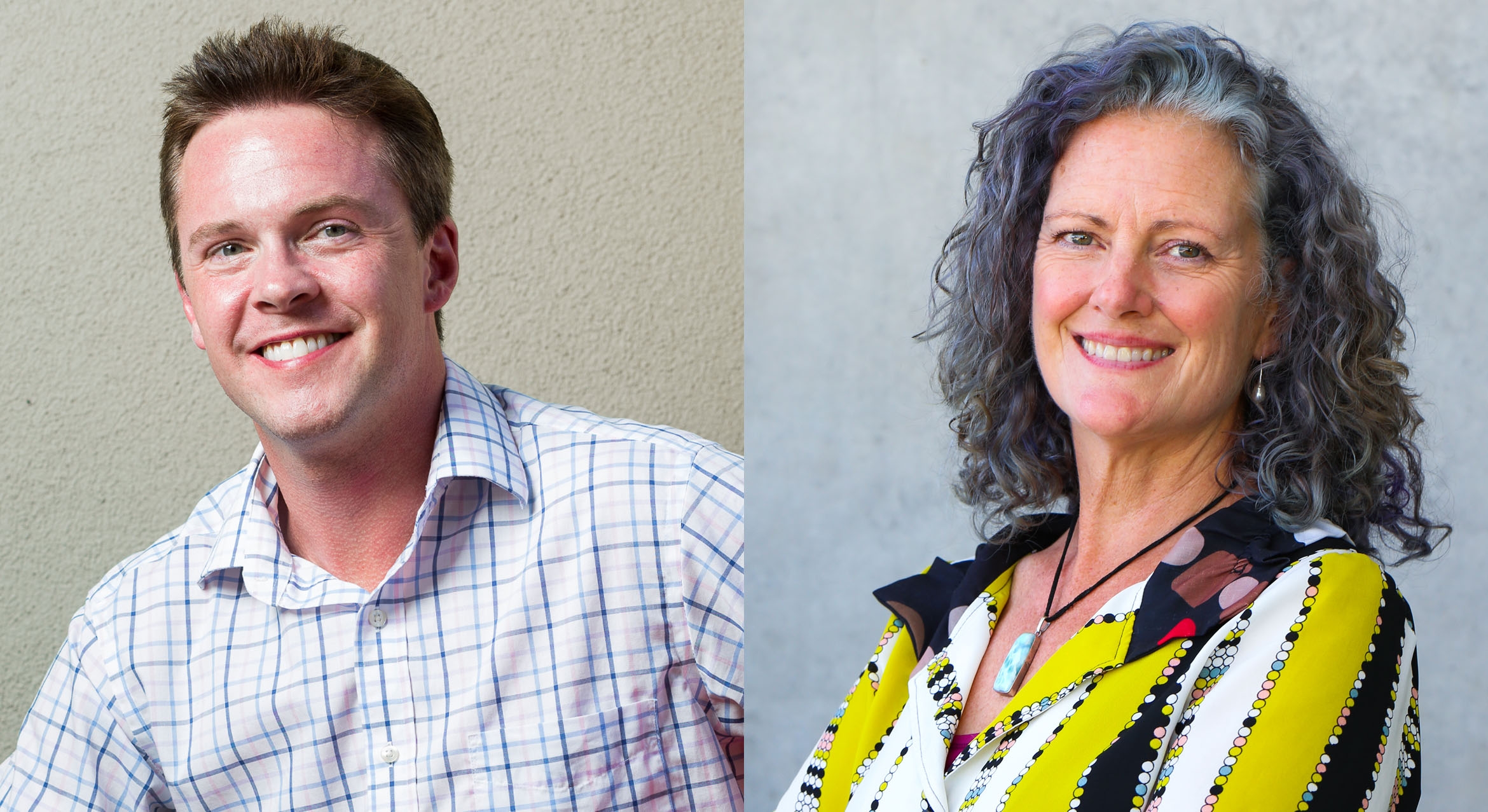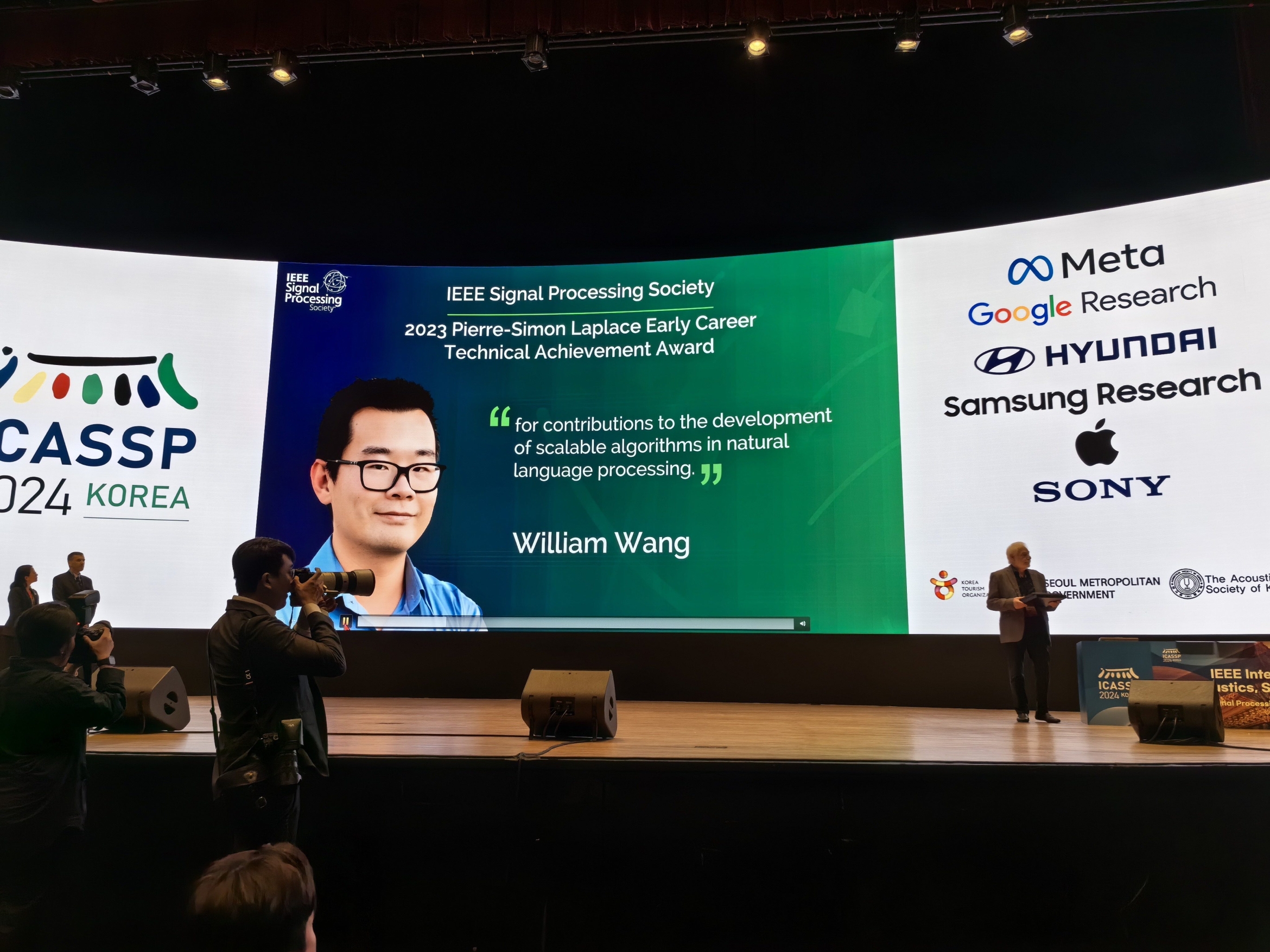Two UCSB Series Will Focus on Oil, Water and Impact of 1969 Santa Barbara Spill
As oil in many ways defined the economy and politics of the last century, experts believe that water will be a defining element of the 21st century, and nowhere is this truer than in California. As today's headlines attest, oil and water are subjects of ongoing, often heated debate throughout the state. Contributing to this public discussion are two year-long series of courses, symposia, public lectures, and films that begin this fall at UC Santa Barbara: "Forty Years after the Big Spill ––Looking Back, Looking Ahead: 21st Century Environmental Challenges in a Global Context," and "Oil + Water."
"Forty Years after the Big Spill," presented by the College of Letters and Science Critical Issues in America endowment, commemorates the January 28, 1969, oil spill off the Santa Barbara coast. The "spill heard 'round the world" galvanized the environmental movement, and led to landmark legislation such as the National Environmental Policy Act and the first Earth Day in April 1970. The series also marks the 40th anniversary of the founding of the UCSB Environmental Studies Program, which began three weeks after the spill, when 21 faculty members, calling themselves "Friends of the Human Habitat," began to develop a new, interdisciplinary approach to teaching and research on the environment. The Environmental Studies Program that emerged from their work became one of the first and most influential such programs in the country.
The series is organized by William Freudenburg, Dehlsen Professor of Environmental Studies, and Bob Wilkinson, director of the Water Policy Program at the Bren School of Environmental Science & Management. Freudenburg says it is a "campus-wide celebration of what we have achieved, a retrospective of what we have learned, and an effort to ask what lessons the events of that earlier, remarkable time, may have for today, not just here at UCSB, but also in the broader society." The series involves much of the UCSB community, with participation by faculty from the sciences, social sciences, and humanities, the Institute for Energy Efficiency, the Bren School, Arts & Lectures, the Interdisciplinary Humanities Center (IHC), and the UCSB Office of Sustainability.
Most events will take place in the winter and spring quarters, but during fall 2009, guest lecturers will begin to explore the series' themes of environmental challenges and opportunities, living within finite limits, and restoring the healthy functioning of the earth. The lectures by speakers including Kai Lee, author of "Compass and the Gyroscope," will be taped and made available online to other environmental studies programs through the Association for Environmental Studies and Sciences, which UCSB helped to found. "By making the footage available at no charge to programs that are less well-established than ours," Freudenburg says, "we will offer them a valuable resource and spread the word about UCSB's leadership in environmental matters."
"Oil + Water," a companion series organized by the IHC, will examine the cultural and environmental importance of oil and water to the history and culture of California and the world. "As the consequences of climate change become evident, the humanities and arts have an increasing role to play in bridging the gap between knowledge and action," says Ann Bermingham, IHC acting director. "The moral, political, and social repercussions of an era without oil and with limited water place the study of the environment squarely in the humanities. Artists, humanists, and social scientists can help to envision a post-carbon future, and in doing so provide both hope and incentives to change."
For the fall quarter, "Oil + Water" has a full slate of films, discussions, and talks, many of which are free and open to the public. (See http://www.ihc.ucsb.edu/oil-water.html for times and locations.) Some highlights include:
·A screening of the film "The Cove" on November 3, will be followed by a panel discussion on the film and the dolphin-human interaction the following day.
·A daylong symposium on November 6, "Imagining Design After Oil," will explore new materials, ideas, policies and design solutions for the post-carbon future. Participants include UCSB faculty; community architects Dennis Thompson, Ken Radtkey, and Susan Van Atta; and guest speakers Sheila Kennedy of MIT School of Architecture and David Gissen of the California College of Art. Kennedy is known for her firm's Portable Light Project, a non-profit global clean energy initiative for the developing world. The Portable Light Project has been recognized with a 2009 Congressional Award and a 2008 Tech Museum Award for clean energy technology that benefits humanity. Gissen is a historian and theorist of architecture and urbanism. His recent work specifically focuses on developing a novel concept of nature in architectural thought––considering what nature might become in architecture, or what architecture might be "after nature."
·A roundtable discussion will be held on the cultural impact of oil in Southern California in the context of the film "There Will Be Blood," which will be screened, on November 12.
·Catherine Gautier, UCSB professor of geography and author of "Oil, Water, and Climate: An Introduction," will give the series keynote lecture, "Why Oil and Water?" on November 17. Gautier, an internationally recognized expert on climate change, will explore the relationship between oil and water and the global impact of the overuse of these resources.
Upcoming "Oil + Water" events in the winter and spring will feature a conference on oil and water in California; a film series; and visits from video artist Ursula Biemann, who will speak on oil in the Black Sea; art historian Jill Casid (University of Wisconsin) on cruise ship culture; literary critic Hester Blum (Pennsylvania State University) on "Arctic and Antarctic Circles"; anthropologist Stefan Helmreich (Massachusetts Institute of Technology) on "Alien Ocean: Life at Sea"; and art historian Henry Drewal (University of Wisconsin) on water in African religious practices. In May, the internationally renowned water activist Maude Barlow will discuss global crisis in water.
Winter and spring events for "Forty Years after the Big Spill" are still being finalized, but participants are expected to include Environmental Studies alumna Deb Callahan, president of the Heinz Center for Science, Economics and the Environment; Nancy Sutley, chair of the White House Council on Environmental Quality; Amory Lovins, chair of the Rocky Mountain Institute; and Mary Nichols, chair of the California Air Resources Board. Symposia will cover key environmental topics like global security and the environment; building sustainable communities; oceans and rivers; business and environment; environment and the third world; and the role of civil society in environmental policy. The year will culminate with the 40th anniversary reunion of Environmental Studies alumni, scheduled for April 23-25, 2010, to coincide with the 40th anniversary of Earth Day and UCSB's All-Gaucho Reunion.
Related Links
College of Letters and Science
Interdisciplinary Humanities Center



